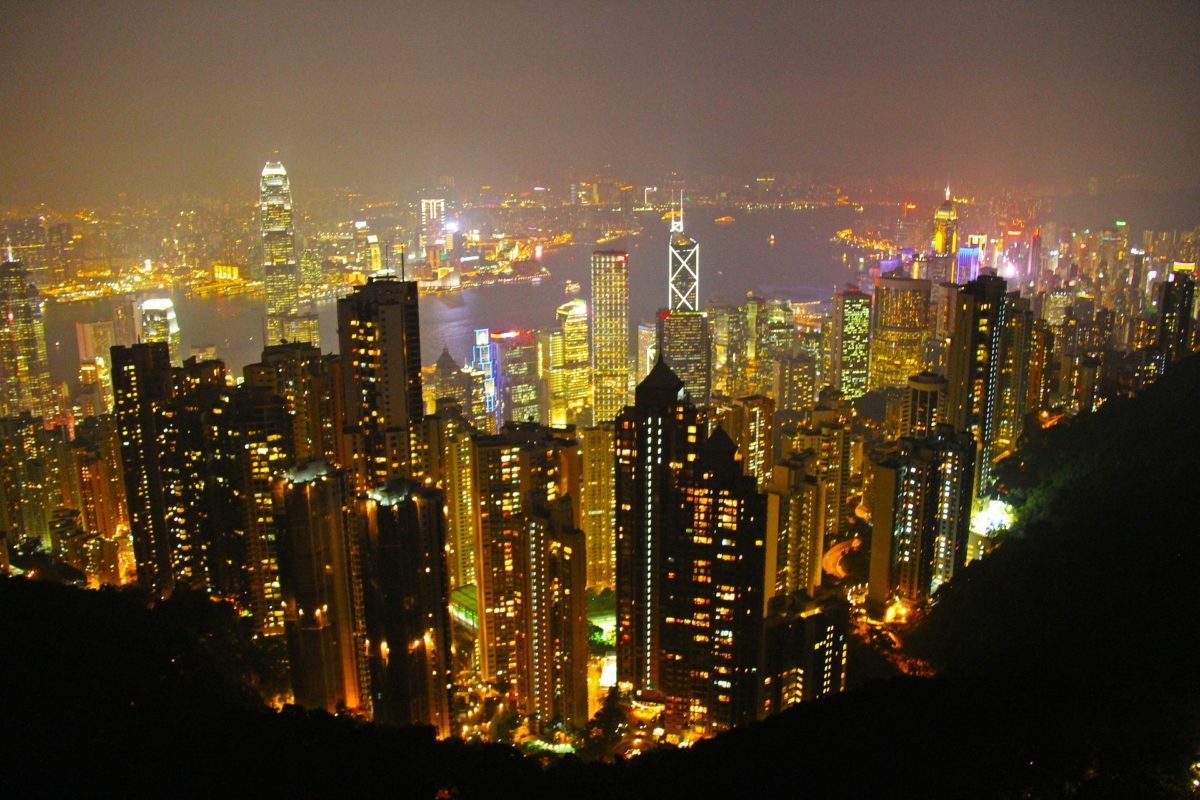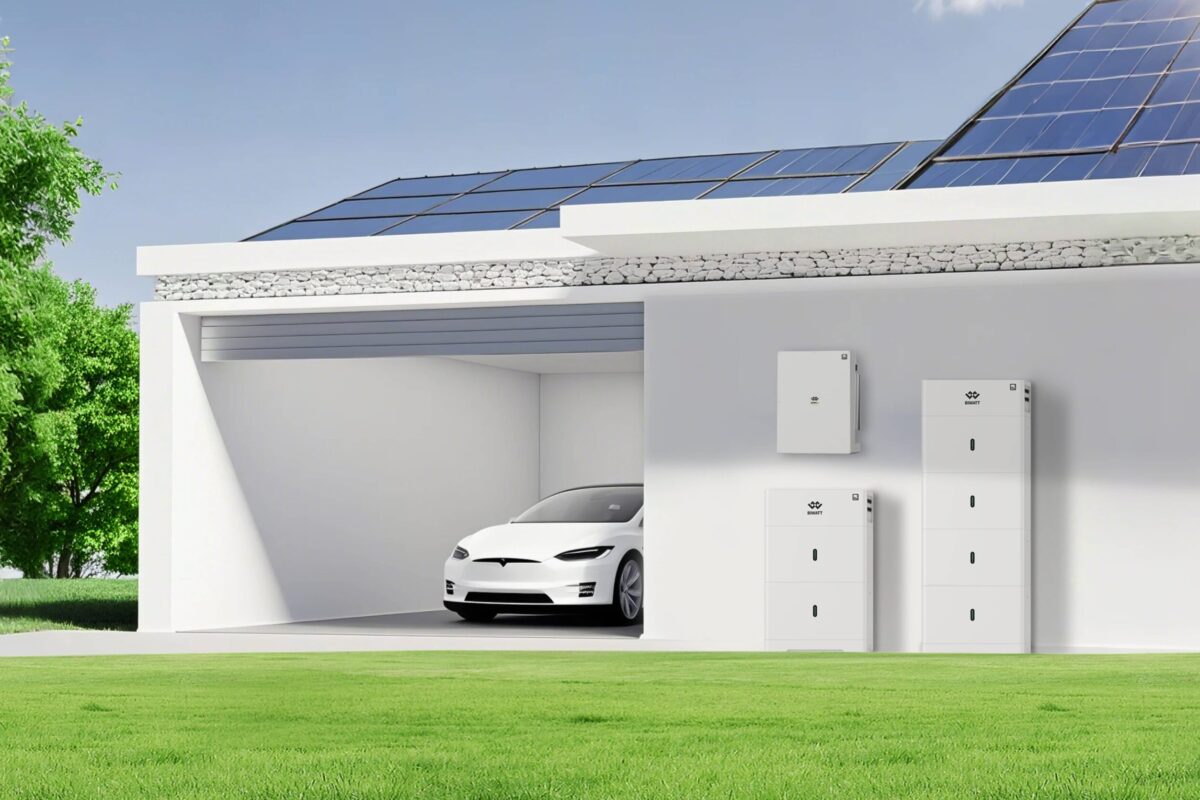Stricken solar developer and building-integrated PV manufacturer Singyes Solar has delayed the release of details about its proposed state bail-out.
The Guangdong based company is in default to the tune of almost $700 million on overseas and Chinese loans, senior notes and convertible bonds after it was apparently capsized by Beijing’s decision to rein in public subsidies for solar in May last year.
The ailing company, which also manufactures curtain walls and solar pumps, is pinning its hopes on a HK$1.55 billion (US$198 million) takeover by Water Development (HK) Holding Co Ltd, which is part of the Shuifa Group of entities owned by China’s State-Owned Assets Supervision and Administration Commission of the State Council of Shandong province.
A proposed share subscription would see Water Development (HK) pay HK$0.92/share for almost 1.69 billion shares in China Singyes Solar Technologies Holdings Ltd – slightly more than double the existing number of shares in issue in the target company. Under the terms of the deal, the state-owned entity would hold 66.92% of the enlarged business – 65.86% if all share options were to be exercised.
Partial payment of debts
The anticipated HK$1.53 billion net proceeds of the takeover would, according to a Singyes filing made to the Hong Kong exchange today, “provide funds for partial repayment of its outstanding liabilities”.
The kicker is that the proposed white knight public bail-out would need to secure 75% independent shareholder approval from holders of Singyes stock to a waiver of the usual requirement that the purchaser then extend the cash offer to the remaining stock in the enlarged business. Water Development HK is also seeking confirmation it would not be required to acquire the stock in Singyes subsidiary China Singyes New Materials Holdings Ltd. Singyes NM is 62.37% owned by its parent and develops smart light-adjusting products.
Singyes, which has yet to publish its full year accounts for last year after posting encouraging profits in the first six months, was yesterday supposed to issue a circular containing details of the shareholder meeting required to vote on the bail-out but today postponed the release date of that information until August 7.
5/31 crucified Singyes
The company appeared to be caught cold by Beijing’s abrupt u-turn on solar subsidies at the end of May last year and was unusual among Chinese solar companies in not highlighting that development in its half-year update, not least because 81.9% of its first-half profits had come from PV project development and all but 2.7% of its business had been conducted in mainland China.
The business subsequently failed to publish its full year figures on time and revealed in April it had defaulted on US$160 million of 6.75% senior notes due last year, RMB930 million (US$135 million) of 5% convertible bonds due on August 8 and US$260 million of 7.95% notes due this year. Those problems triggered cross defaults from bank loans that amounted to more than RMB990 million.
An attempt to issue a 12% convertible bond due in 2021 failed on October 11 because Singyes was unable to meet a condition to hold at least US$80 million in the bank and another attempt to raise funds a day later floundered as the company failed to place 17.8 million shares.
This content is protected by copyright and may not be reused. If you want to cooperate with us and would like to reuse some of our content, please contact: editors@pv-magazine.com.




By submitting this form you agree to pv magazine using your data for the purposes of publishing your comment.
Your personal data will only be disclosed or otherwise transmitted to third parties for the purposes of spam filtering or if this is necessary for technical maintenance of the website. Any other transfer to third parties will not take place unless this is justified on the basis of applicable data protection regulations or if pv magazine is legally obliged to do so.
You may revoke this consent at any time with effect for the future, in which case your personal data will be deleted immediately. Otherwise, your data will be deleted if pv magazine has processed your request or the purpose of data storage is fulfilled.
Further information on data privacy can be found in our Data Protection Policy.